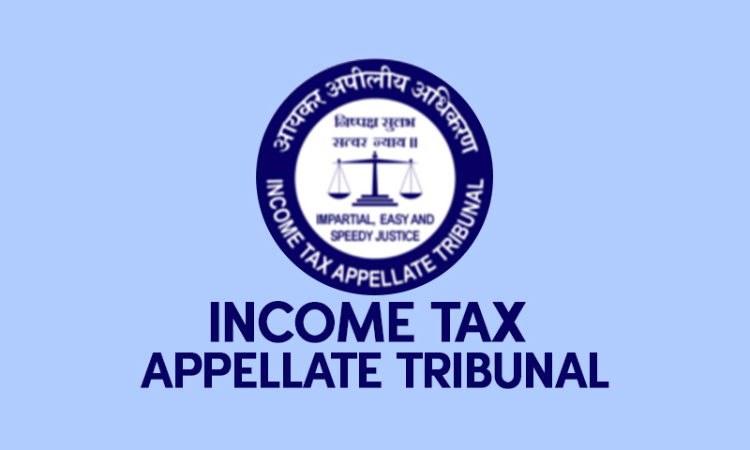‘Non-Cooperative Attitude’ Cannot Be The Basis Of Imposing Penalty: ITAT
Mariya Paliwala
21 Sept 2023 4:00 PM IST

Next Story
21 Sept 2023 4:00 PM IST
The Delhi Bench of Income Tax Appellate Tribunal (ITAT) has held that a ‘non-cooperative attitude’ as such in itself cannot be the basis for imposing penalties without specifically bringing on record the specific notices and their specific non-compliances.The bench of Anubha V Sharma (Judicial Member) and N.K. Billaiya (Accountant Member) has observed that unless it is established in...
